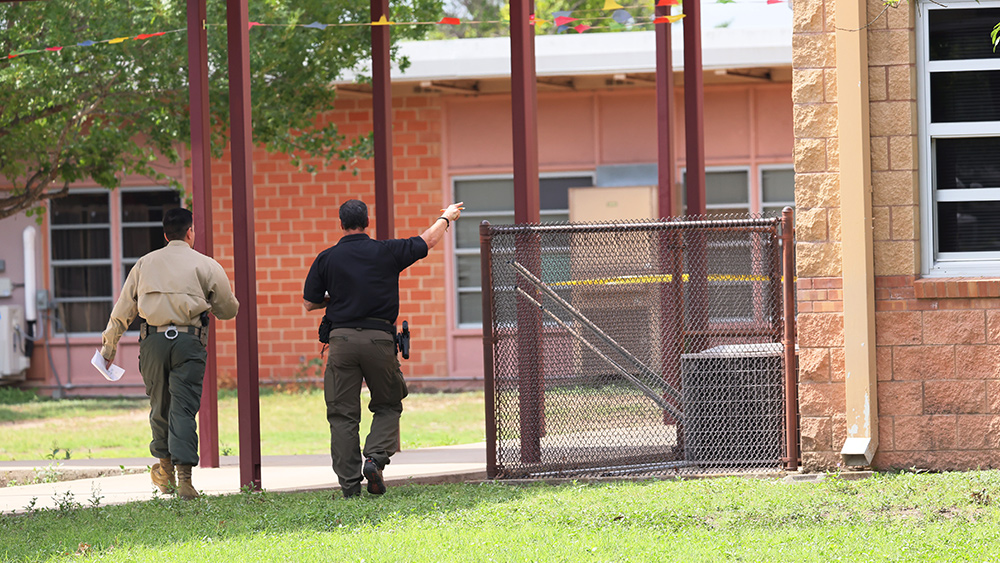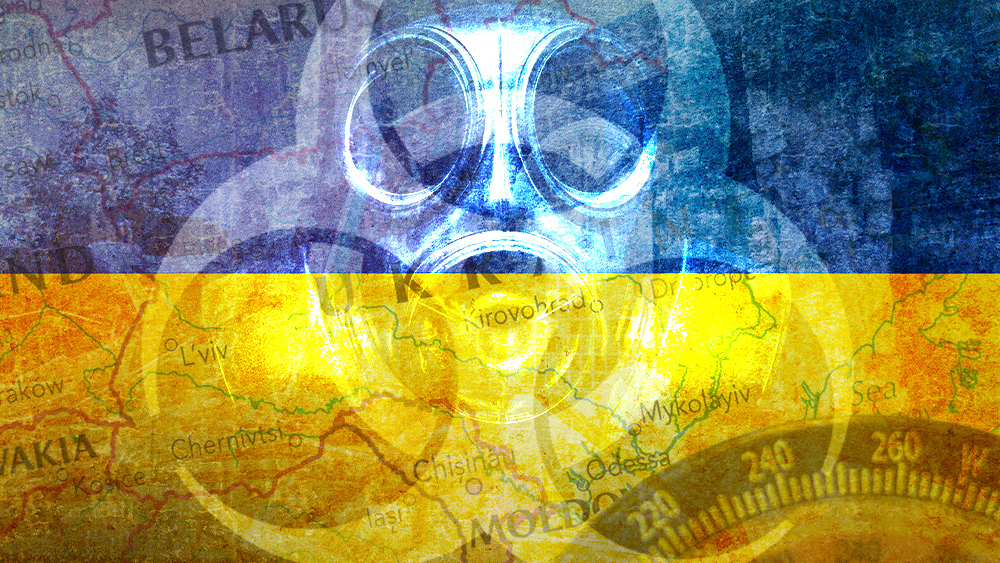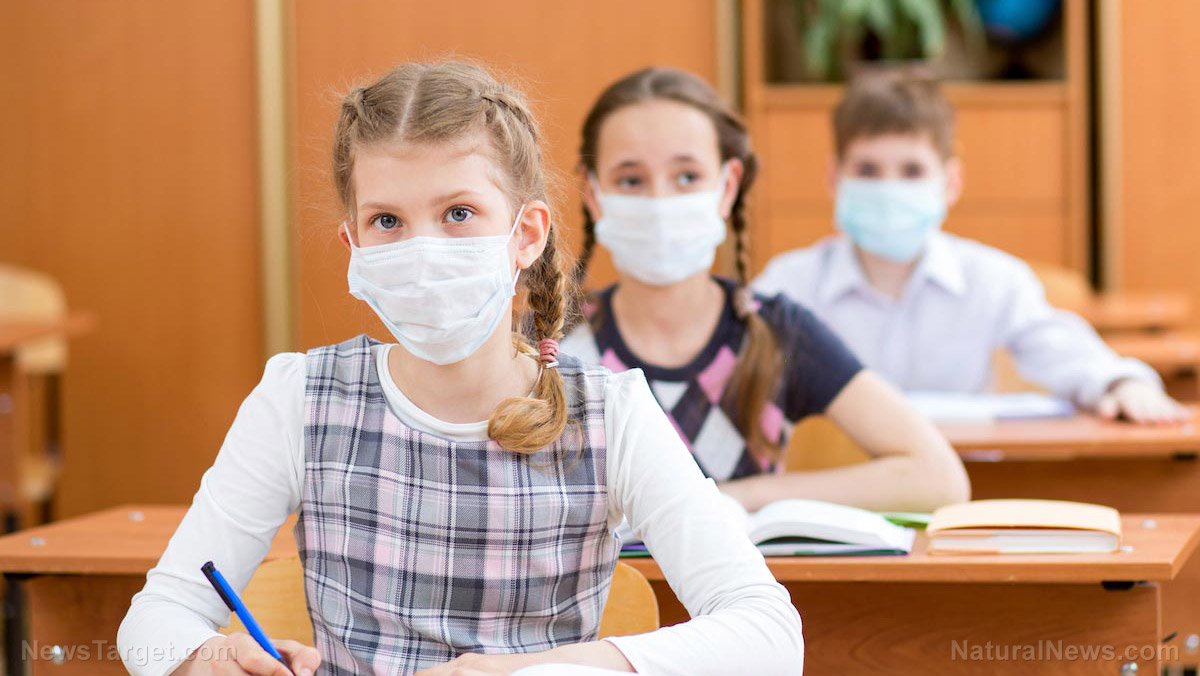Healthy skepticism appropriate when considering monkeypox, says Dr. Peter McCullough
06/02/2022 / By Mary Villareal

Monkeypox is a rare disease that has recently turned up with early symptoms such as fever, headache, muscle aches, backache, swollen lymph nodes, chills and exhaustion. These are also the same symptoms of the Wuhan coronavirus (COVID-19), symptoms of the vaccine failure or even symptoms of a vaccine injury that’s kicking in. (Related: Monkeypox transmission could accelerate this summer, warns WHO… but is it just more fearmongering?.)
To know more about monkeypox, “The HighWire” host Del Bigtree brought in Dr. Peter McCullough to talk about the disease.
McCullough, who just returned from a conference in England, said people should be prepared and vigilant. “You know, I think everyone should have some healthy skepticism,” McCullough said, adding that he’s seen at least four sets of fraudulent internet reports that are using old photos of the disease from several years ago.
People are also given the idea that governments are already ordering vaccines. But before they get into it, they must understand the monkeypox virus is not deadly. And it’s certainly not as contagious as COVID-19 was presented to be. Monkeypox is very hard to transmit, yet there had been reports of multiple countries with this disease just appearing, and there is something suspicious about that.
The monkeypox virus is a double-stranded DNA virus that shows pustular rashes. According to the World Health Organization, it can be transmitted from one person to another through close contact with lesions; body fluids through kissing or sexual contact; respiratory droplets; and contaminated materials, including bedding.
It was discovered in 1958 with the first human case showing up by the 1970s, although the first outbreak in the U.S. did not happen until 2003.
WHO official: Monkeypox not a disease people should worry about
Lots of people say that monkeypox is similar to herpes zoster, which causes shingles and chickenpox. However, they are very different viruses – they are not even in the same family.
Monkeypox presents itself in a different type of skin lesion – larger and more postulate that often involves the palms, which is rare. There is quite a collection of literature on monkeypox because of its relation to smallpox.
There have been some deaths attributed to monkeypox over the decades, but most of the cases came from Africa, and deaths have occurred in regions where there is little to no health care process that could check advanced cases in younger men who are already ill. (Related: Dr. Peter McCullough: No need to panic over monkeypox.)
Promiscuous individuals are at high risk for these types of illness, and origins of early cases were traced to rave parties in Europe. However, monkeypox is not a type of HIV or AIDS – although headlines have linked the disease outbreaks to men who have sex with men.
The WHO’s epidemic and pandemic preparedness and prevention chief, Sylvie Briand, told member state representatives at the World Health Assembly in Geneva that there is no need to panic.
“This is not a disease the general public should be worried about. It is not COVID or other diseases that spread fast,” she said.
The overall public health risk of monkeypox at a global level is currently assessed by the WHO as moderate, considering it is the first time that cases and clusters are reported in widely disparate geographical areas. The sudden appearance and wide geographic scope of many sporadic cases indicate that widespread human-to-human transmission is already underway, and the virus may have been circulating unrecognized for several weeks or longer.
Follow Pandemic.news for more updates about viral illnesses.
Watch the video below for more information about monkeypox.
This video is from the Pain Coming channel on Brighteon.com.
More related stories:
Dr. Peter McCullough: Early treatment key to preventing COVID-19 deaths.
First case of rare monkeypox virus reported in Singapore – here’s what you need to know.
As usual, Big Pharma is cashing in on all the monkeypox hysteria.
Sources include:
Submit a correction >>
Tagged Under:
health science, infections, infectious disease, monkeypox, outbreak, pandemic, Peter McCullough, pox viruses, rational, skepticism, smallpox, truth, World Health Organization
This article may contain statements that reflect the opinion of the author
RECENT NEWS & ARTICLES
COPYRIGHT © 2017 PENSIONS NEWS



















